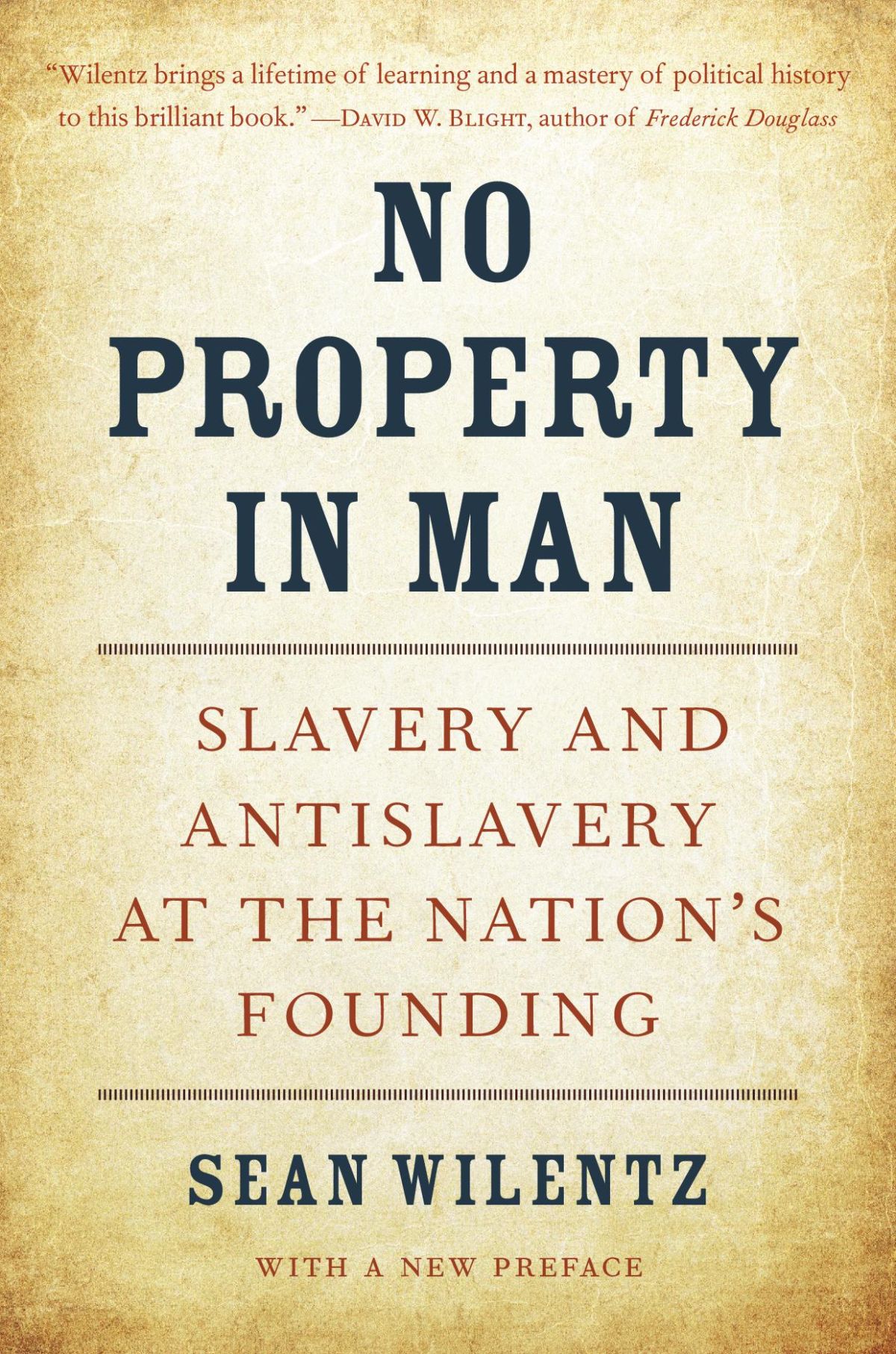Since Trump’s election, Wilentz has taken up the resistance with vigor, warning that if the president gets his way, “America, once a beacon to all the world, Reagan’s shining city, will more closely resemble Putin’s Moscow.” Still smarting from Democratic voters’ hostility to Clinton in 2008 and 2016, Wilentz has been almost as severe with those on the left. On one side, he sees advocates of identity politics who want to replace liberalism’s universal principles with a hodgepodge of group-based grievances. On the other side, he sees socialists whom he insists will drive voters away from the Democratic fold with their platform made up of “pie-in-the-sky, ideologically dogmatic promises.” Both groups, he argues, have forgotten the essential insight of America’s liberal tradition: that to change things for the better, we have to face up to the messy complexities of the world as it is. What Wilentz’s critics would portray as an excuse for making peace with the lesser evil, he depicts as the starting point of a liberal’s political education.
These concerns can be found at the heart of Wilentz’s two most recent books, The Politicians and the Egalitarians and No Property in Man. The former, an essay collection drawn mostly from his articles for The New Republic, celebrates the wisdom of pragmatic political leaders throughout American history while offering cautionary tales of radicals whose extremism damaged their cause. The latter examines the debate over the legal status of enslaved people that began with the writing of the Constitution and continued up to the Civil War—a period in American history in which he finds an important lesson for how to achieve political change in a democracy.
The two books capture the dueling sides of Wilentz’s public persona. In The Politicians and the Egalitarians, we meet the gifted essayist who is one part New York intellectual and one part Beltway pundit. In No Property in Man, we discover the meticulous historian who can back up every claim with impeccable footnotes. Taken together, the two books constitute an extended defense of what Wilentz calls “mainstream politics” against the lures of “abstract moralism.” Would-be prophets can maintain their purity only by rejecting the political establishment, thereby giving up any hope of exercising power; Wilentz’s pragmatic politicians, on the other hand, accept the compromises that working within the system demands, and as a result, they make a real difference.
It’s a way of thinking that made a lot more sense before Trump was elected president and before Sanders became one of the most popular politicians in the country. With the political establishment in crisis and the global liberal order dancing on the edge of the abyss, it’s become clear that the division between pragmatic insiders and committed moralists is—to use a bit of vintage Clintonian rhetoric—a false choice.
